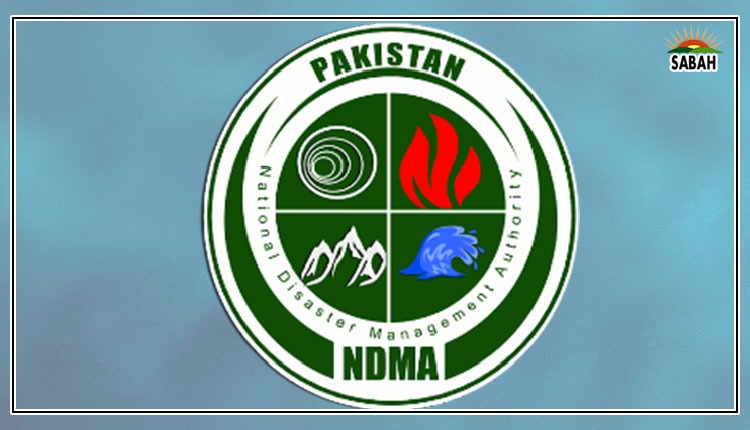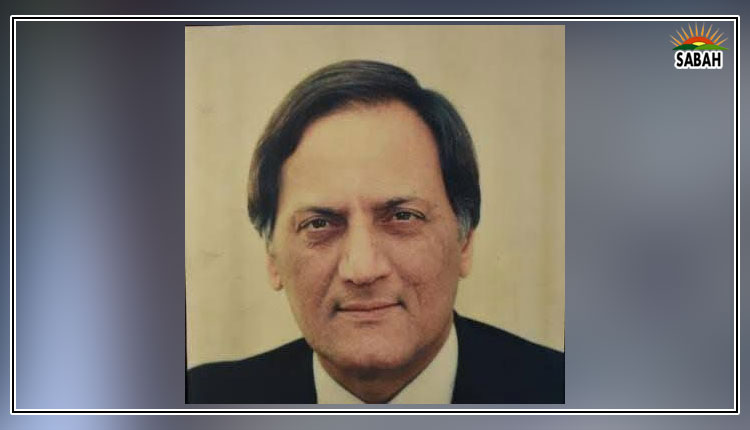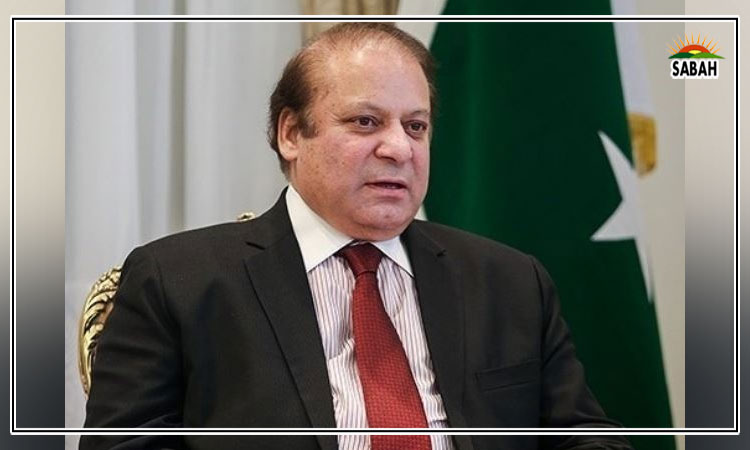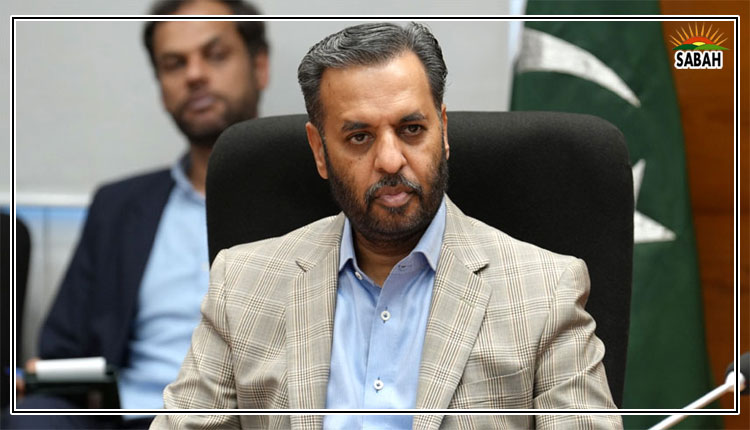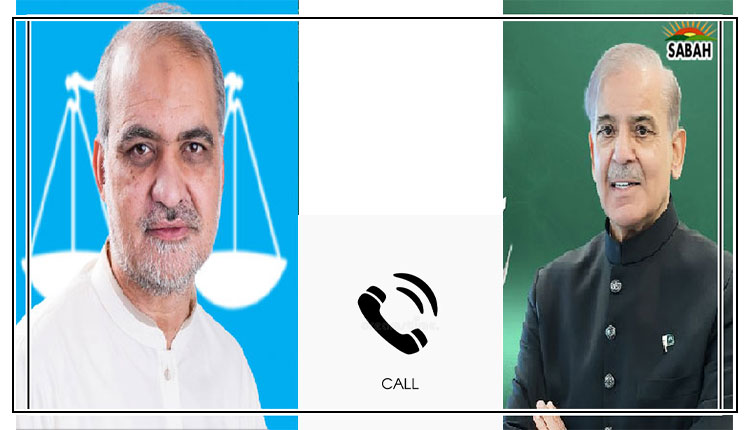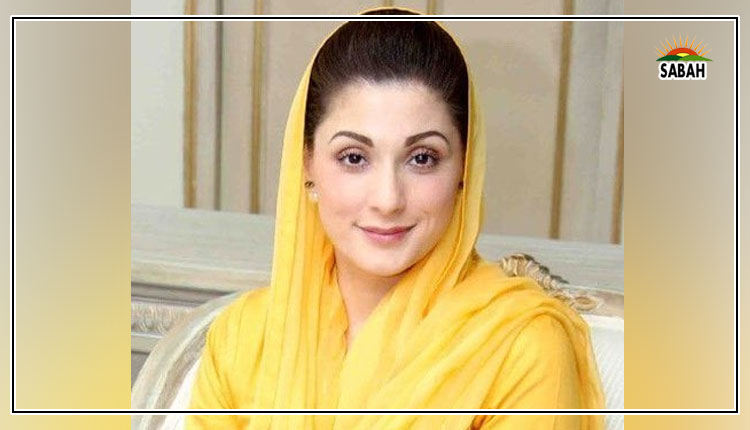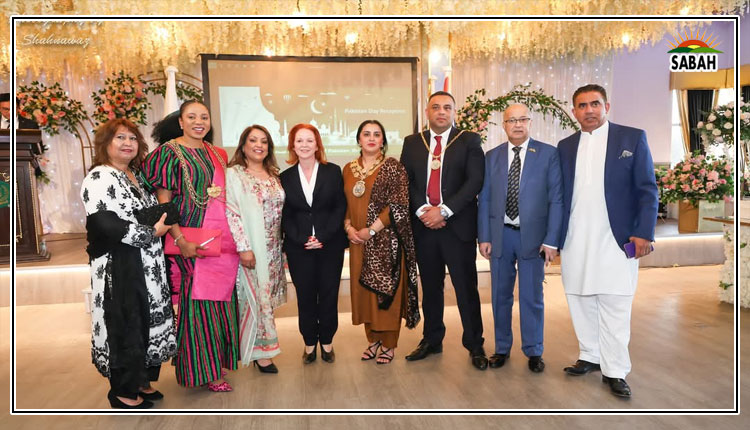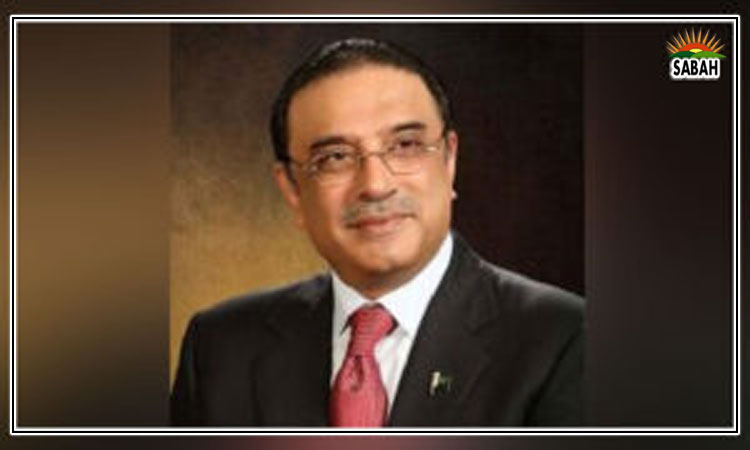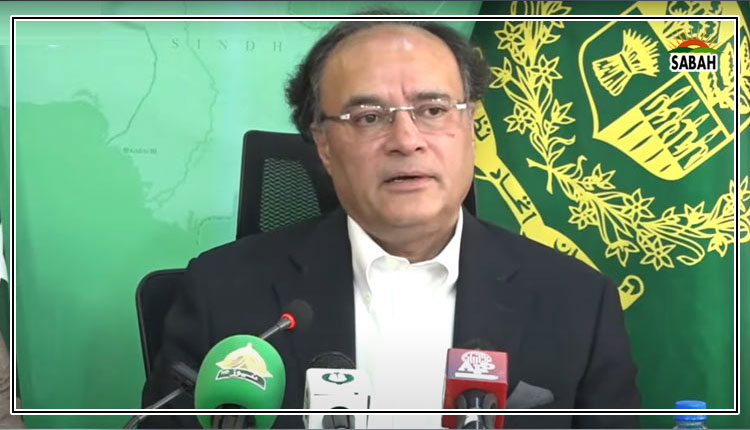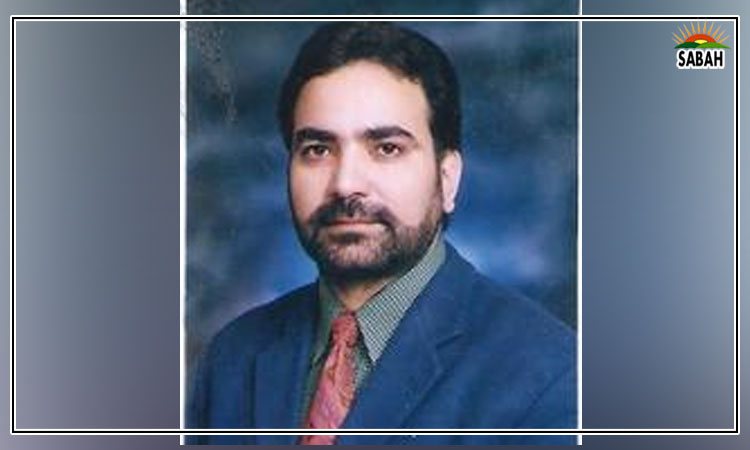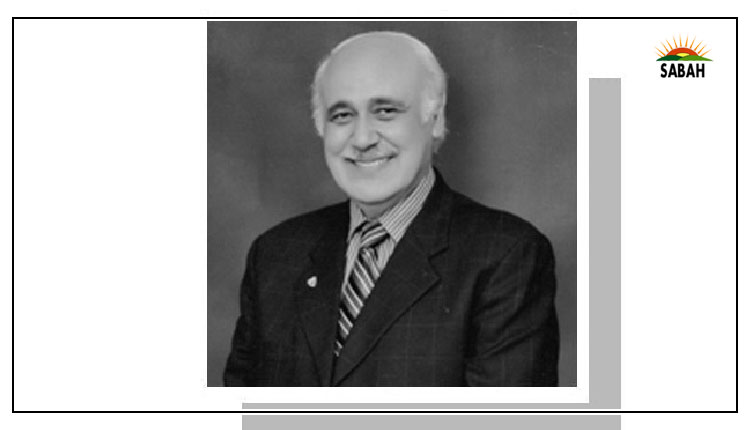Another Ice Age …..F.S. Aijazuddin
ANOTHER Ice Age is spreading across our continent. The last occurred 20,000 years ago. This time it is a political one, freezing relations between India and Pakistan.
No one is more aware of it than Mani Shankar Aiyar, a former cabinet minister, a close confidant of Rajiv Gandhi, and a tireless champion of Indo-Pak conciliation. Mani’s advocacy should not be ignored, as were once the warnings on global warming by former vice president Al Gore in his documentary An Inconvenient Truth (2006).
Mani’s latest book Memoirs of a Maverick (2023) was launched in New Delhi yesterday (Aug 23). It will have a wide readership in India amongst Congressites, less so amongst BJP diehards. Even fewer copies will be able to penetrate the saffron curtain into Pakistan.
Mani’s memoirs cover the first 50 years (1941-1991) of his hyperactive life — at Cambridge University, then his service in the Indian Foreign Service (IFS) at Brussels, Vietnam, Baghdad, and finally as consul general in Karachi from 1978-1982.
Peaceniks and jingoists should read Mani’s books.
Landing in Karachi in December 1978, Mani found the four-storeyed Indian consulate building on Civil Lines “dilapidated and utterly neglected”. It had been ravaged during the 1971 war. He started work with two clerks deputed from Islamabad, “huddled into a small room with one telephone between us”.
It was an ironic replay of August 1947 when Pakistan’s fledgling Foreign Office began work in the musty Mohatta Palace in Karachi, using one typewriter and thorns from kikar bushes in lieu of paper clips.
I first met Mani and his wife Suneet in 1979 at their elegant residence in Clifton. My first book — Pahari Paintings and Sikh Portraits in the Lahore Museum — had just been published and I called on them with a copy as an icebreaker. That proved to be the first of many meetings — in New Delhi, Kasauli, and Lahore.
Mani’s official remit as consul general restricted him to Sindh but boundaries could not contain his gregarious personality nor limit his effusive hospitality. Within a year, Mani and Suneet had made their mark on Karachi society. They threw “a really big party” to which they invited everyone they knew. The spectrum included bibulous bon vivants who constituted the majority of their guests, with the sobering antidote of two Jamaat-i-Islami MNAs for Karachi.
Mani discovered that the demand for visas to India grew exponentially to the numbers issued. Mani mentions that “by September 1979, within six months of our opening, we were edging towards one hundred thousand[.] By the end of my term [in 1982], we had issued over 3 lakh visas”.
Mani researched a thesis Towards a Revival of the Pakistan Economy. He had it reviewed by one of Pakistan’s top economists and shared it with his ambassador Shankar Bajpai.
On April 3, 1979, Mani was in Karachi, in attendance upon the visiting Indian chief of army staff, Gen O.P. Malhotra. Disappointed that Gen Malhotra was received only by a brigadier, the following morning, on April 4, Mani realised why: “No higher ranking officer was available as they were busy hanging Bhutto.”
Mani admits surprise that “while the papers were emblazoned with screaming headlines, the streets were subdued. There were no rivers of blood flowing[.] The revolution had choked. Zia had got away with murder”.
After leaving Karachi in 1982 and quitting the IFS, Mani began a second career in politics. Close to his friend Rajiv Gandhi, he proposed to him that he should visit Mohenjodaro and the shrines of Shahbaz Qalandar and Shah Abdul Bhitai. Rajiv was not convinced that this would inspire an entente cordiale between India and Pakistan. Rajiv did visit Pakistan in 1988, but remained confined to the diplomatic birdcage of Islamabad.
In his memoirs, Mani mentions interacting with Baloch leaders whenever they visited Karachi. He never met Sardar Akbar Khan Bugti but learned that Sardar Akbar had borrowed a signed copy of Mani’s book Confessions of a Secular Fundamentalist from Hamida Khuhro.
Two years later, in August 2006, Bugti was killed in his cave “where he was gunned down by Musharraf’s troops”. Mani was told that Bugti died with Mani’s book pinned to his chest.
Mani’s earlier book Pakistan’s Papers (1994) focused on Mani’s years as consul general, Karachi. His latest Memoirs of a Maverick contains a chapter on those years. Peaceniks and jingoists on both sides of the border should read and reread them both.
When I die, I want to be buried with copies of these two books by Mani pinned to my chest. I want Mani’s “uninterruptible” words of good neighbourliness and peaceful coexistence to be interred in the soil of Pakistan. In time, the seeds of his humanism will germinate, allowing future generations of more enlightened Indians and Pakistanis to reap their harvest.
The writer is an author.
www.fsaijazuddin.pk
Courtesy Dawn, August 24th, 2023


